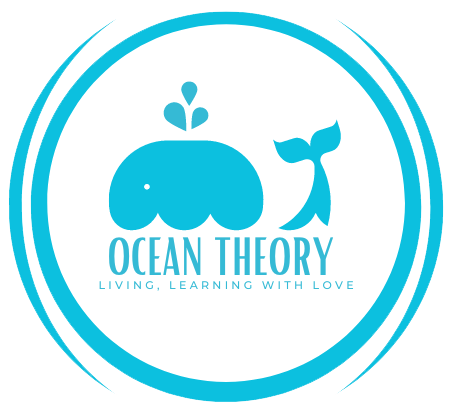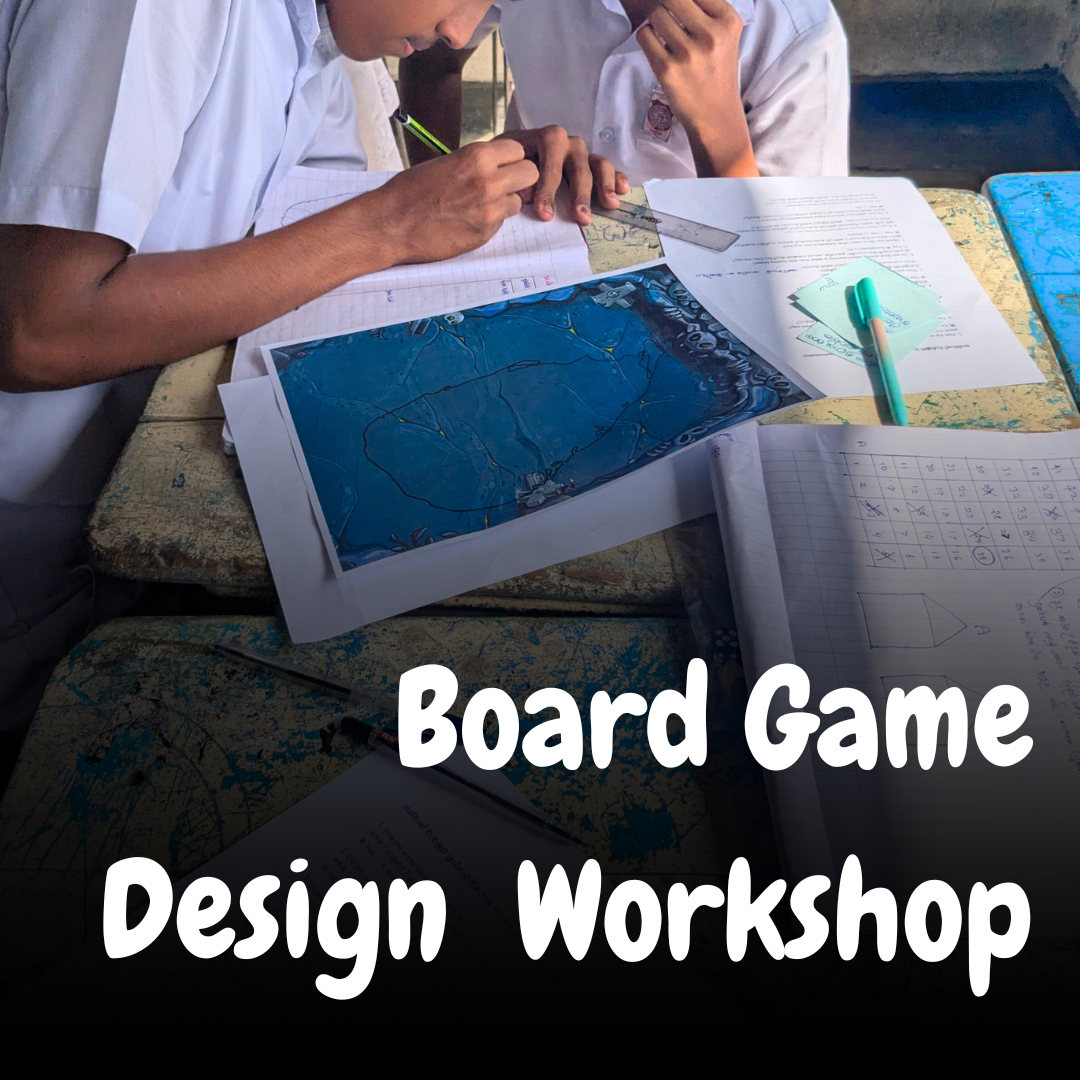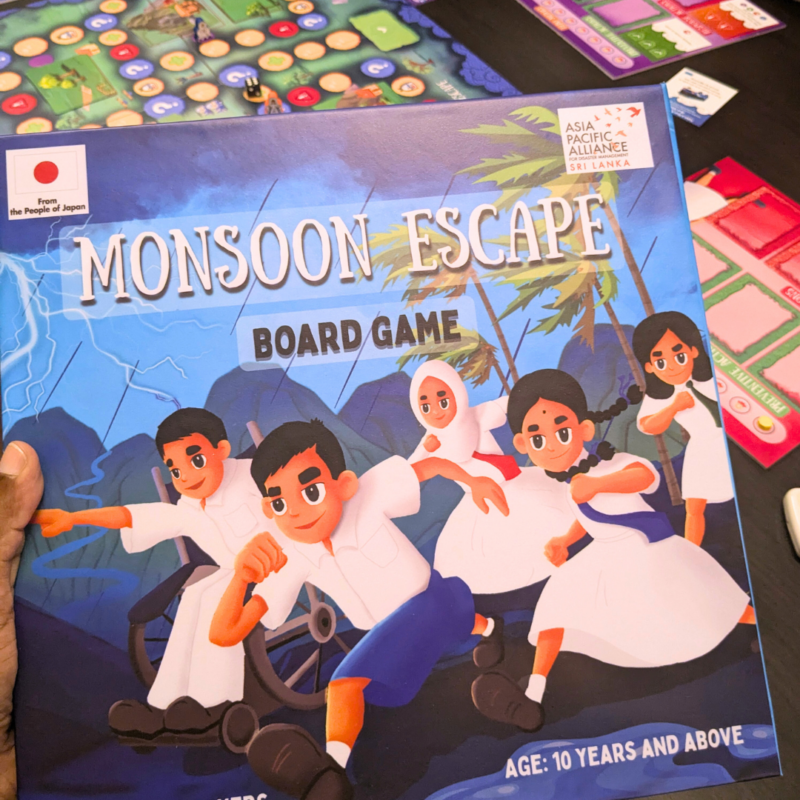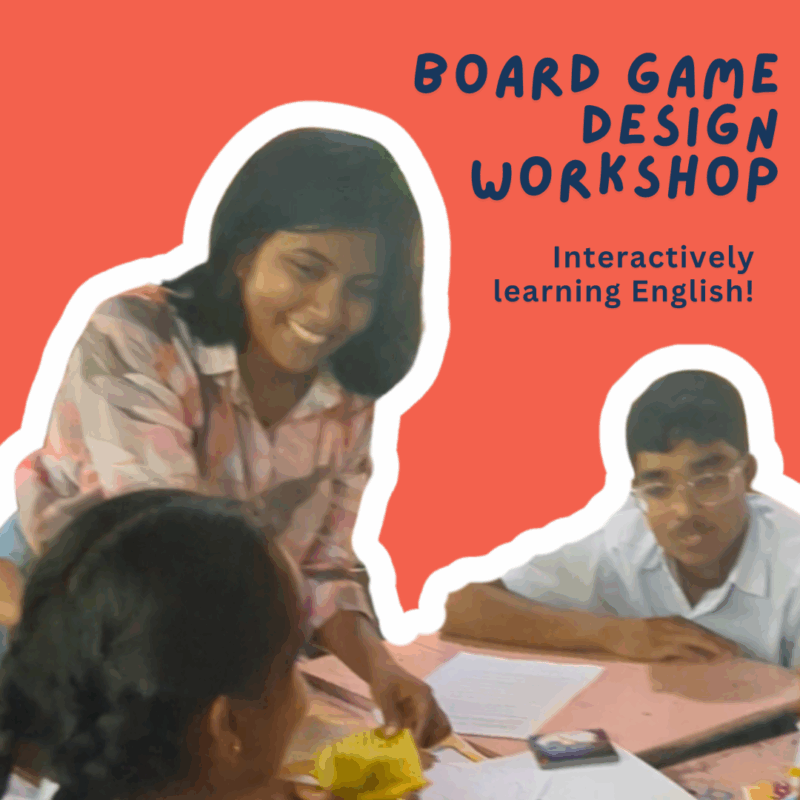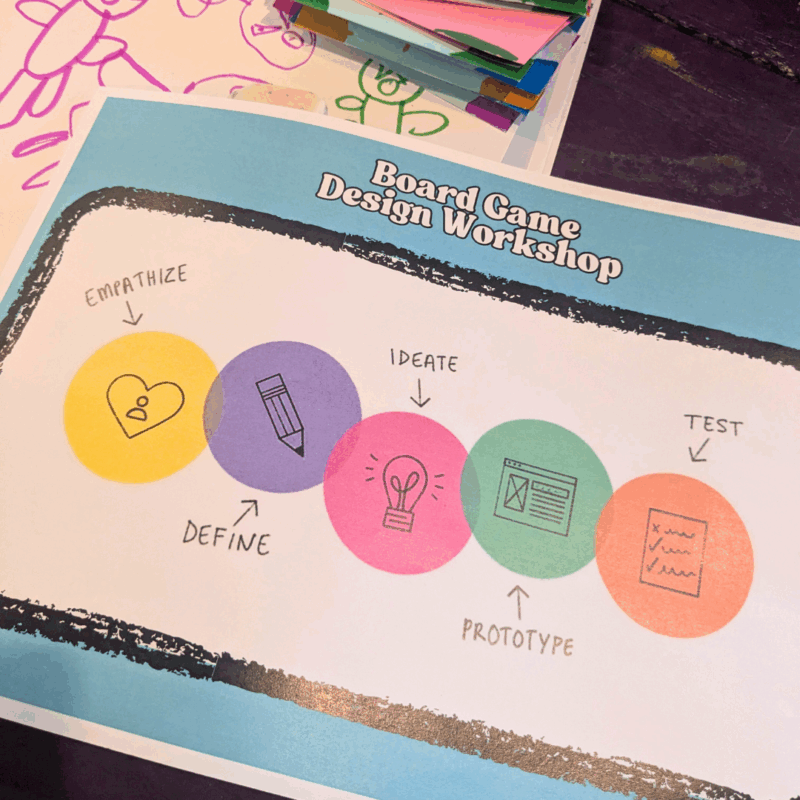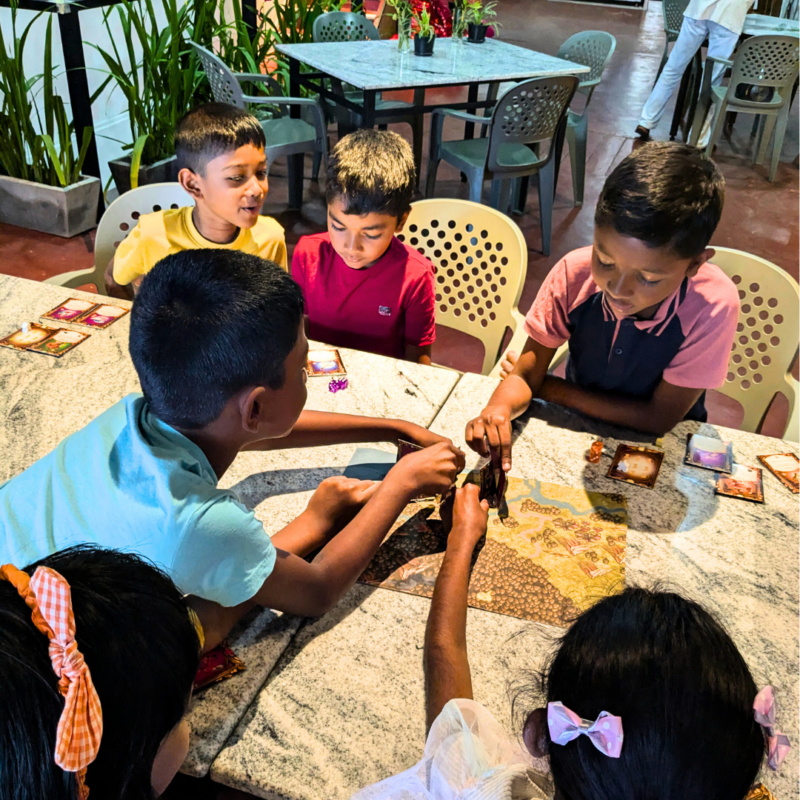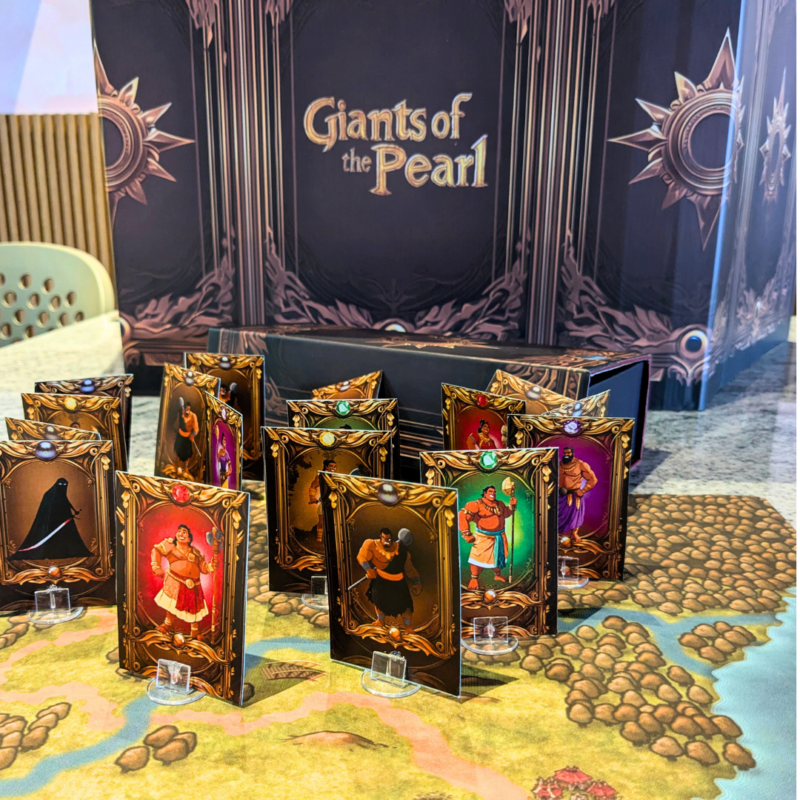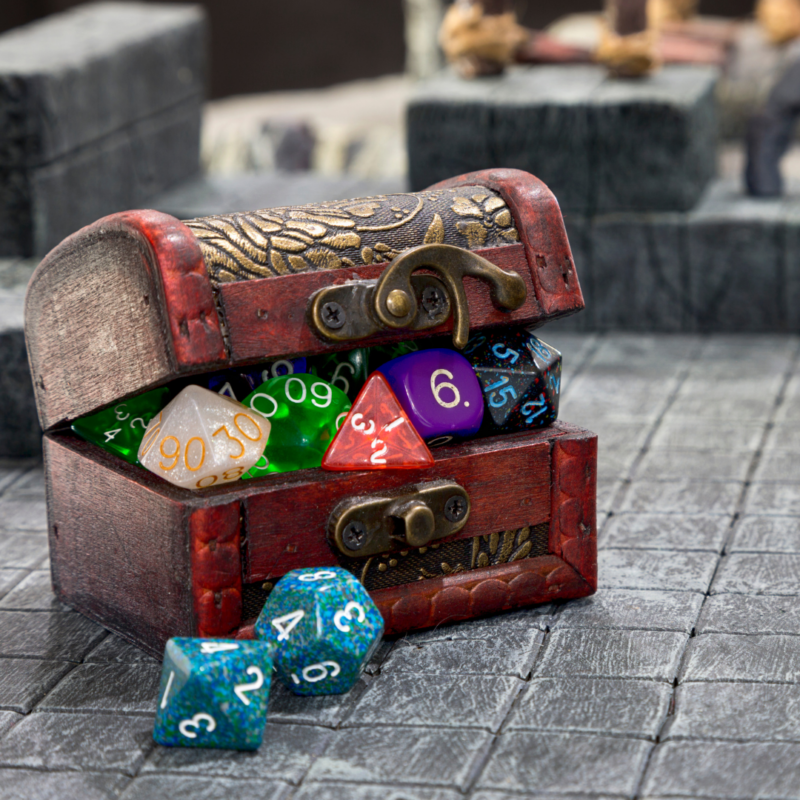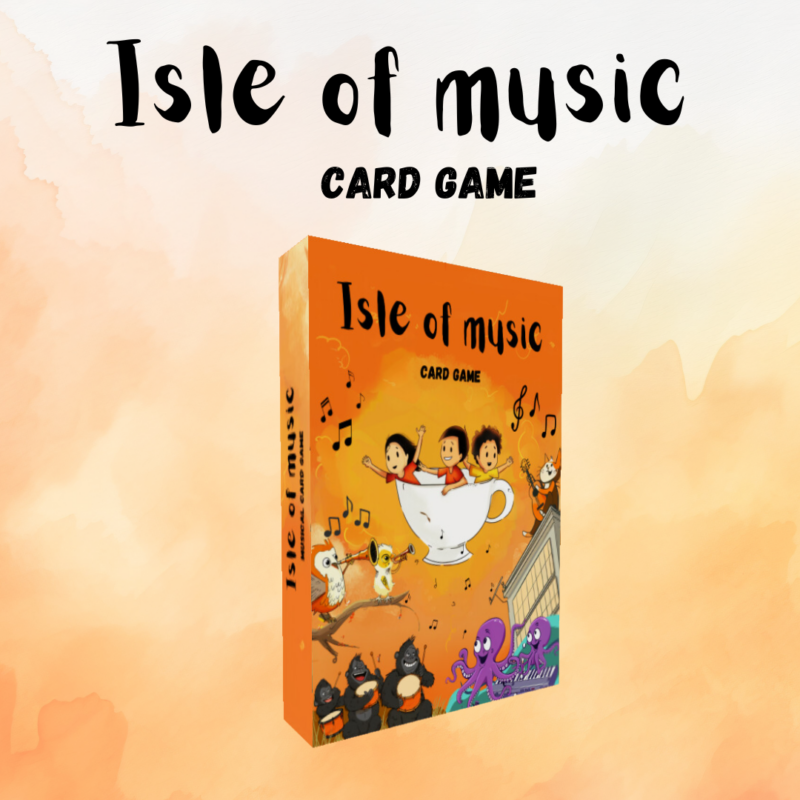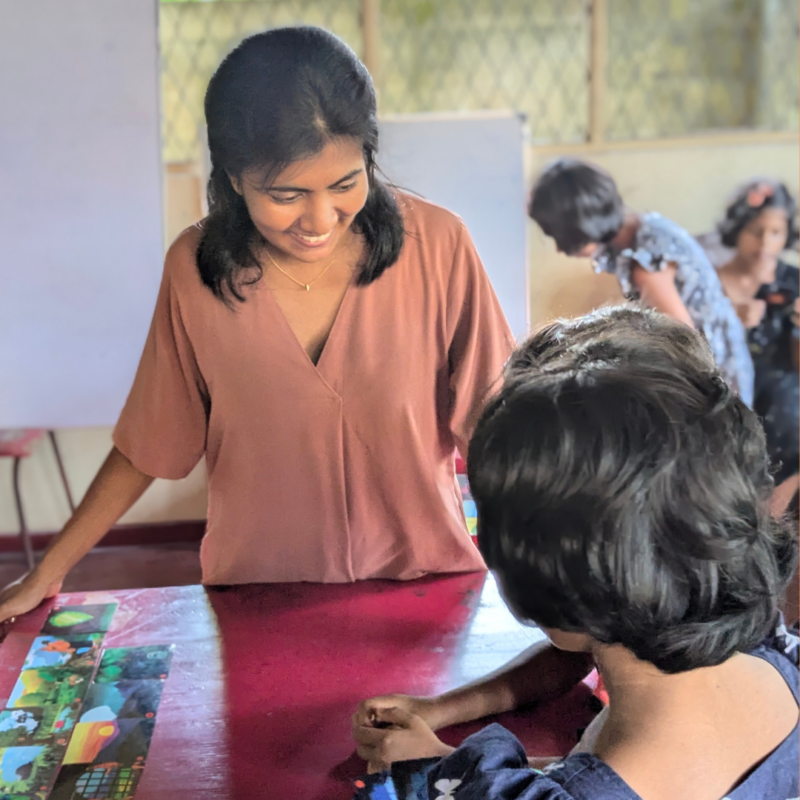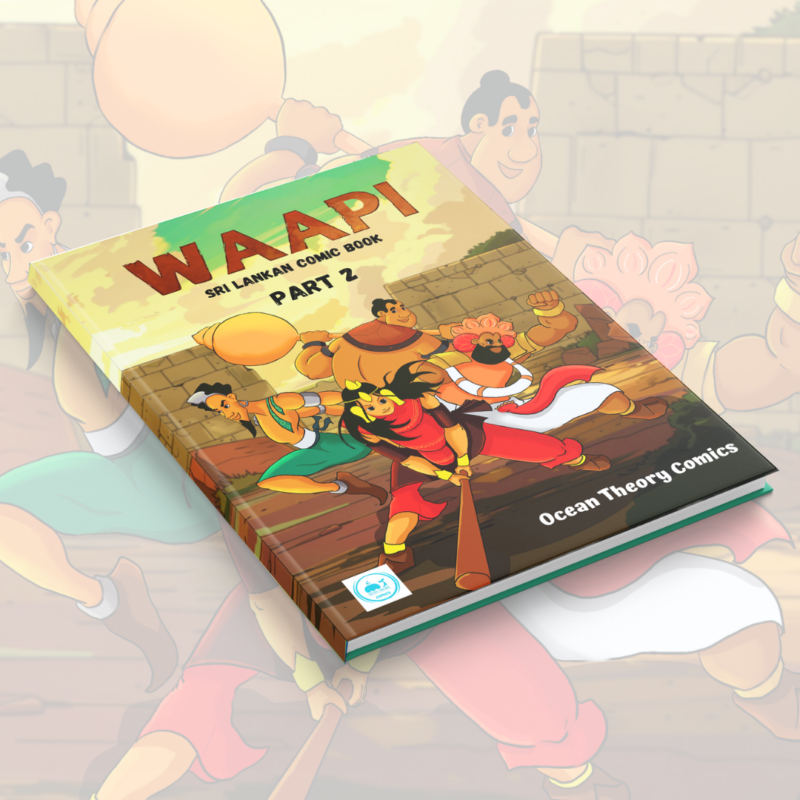At Ocean Theory Pvt Ltd, we believe learning should be as thrilling as a strategic move in a board game or the excitement of a well-played card. Our mission is to craft interactive educational products, that ignite critical thinking, celebrate Sri Lankan culture, and bring families together. But we’re not just creating games, we want to transform how young people learn. Our recent board game design workshops with 130 Grade 10 students (ages 15–16) across Sri Lanka have delivered incredible results: 95% of students loved the experience, 89% felt more excited about learning, and 93% preferred game-based learning over traditional methods. Let’s explore how these workshops are reshaping education and empowering Sri Lankan youth.
The Magic of Interactive Learning
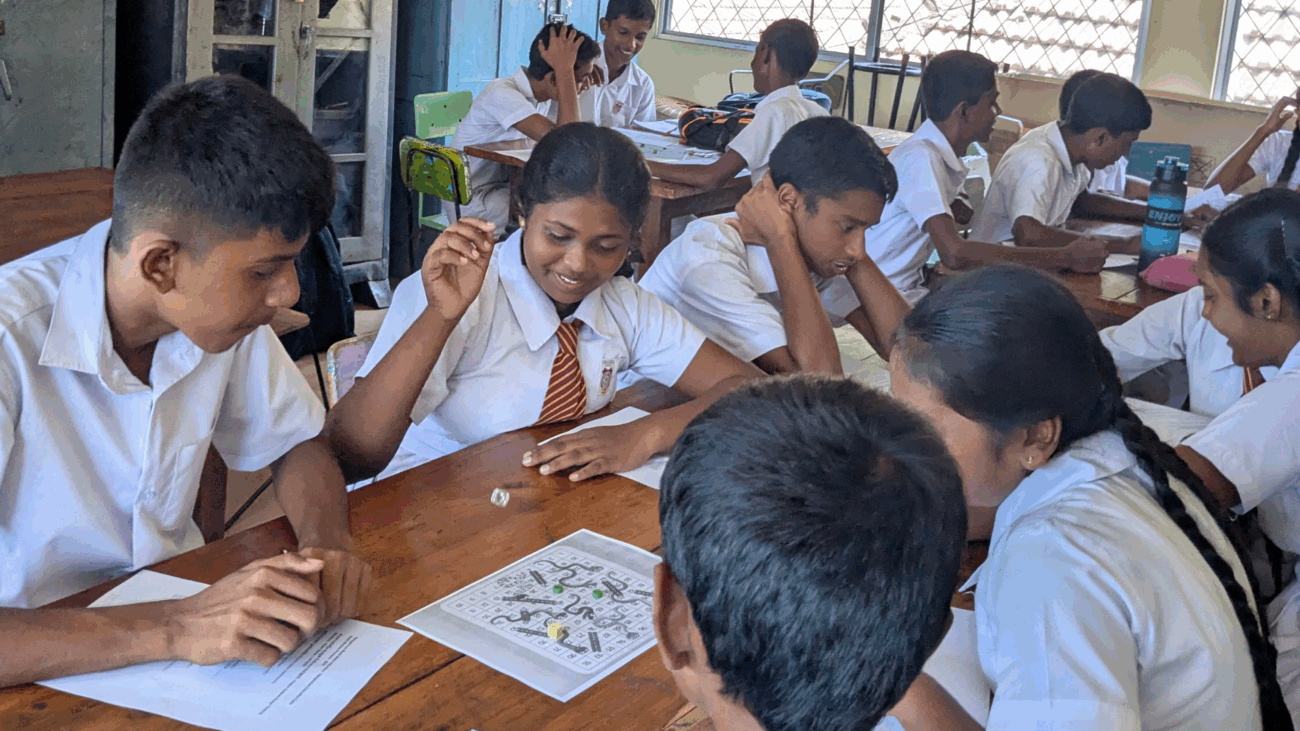
Picture a classroom where students aren’t just memorising formulas or vocabulary but designing their own board games to master algebra, understand ecosystems, or build English skills. That’s the power of interactive learning. Unlike traditional rote methods, game-based learning puts students in the driver’s seat, turning them into creators rather than passive learners. Research shows that interactive methods can boost knowledge retention by up to 75% compared to lectures, and our workshops prove it. By making subjects like Maths, Science, and English fun and hands-on, we help students tackle tough topics, like grammar (30% found it challenging) or speaking (22% struggled), in a way that feels like play, not work. Our approach draws on Design Thinking, a problem-solving framework that encourages students to empathise, brainstorm, prototype, and test, much like the creative process behind our games, like KOMI Ancient Sri Lanka.
What the Students Say: Survey Results
We ran board game design workshops with 130 Grade 10 students across Sri Lanka, and the feedback was overwhelmingly positive. Here’s what the numbers tell us:
- 95% Loved the Workshops: An impressive 124 out of 130 students found the workshops fun and engaging, showing that game design captures attention in a way textbooks rarely do.
- 95% Enjoyed Learning Through Games: The same number (124/130) said designing board games made learning exciting, proving that hands-on activities resonate deeply with young learners.
- 95% Saw Learning Differently: 124 students reported that the workshops opened their eyes to new ways of studying, highlighting how creative approaches can shift mindsets.
- 89% Got More Excited About Learning: 116 students felt more motivated to learn after the workshops, showing that games can spark a passion for education.
- 93% Prefer Games Over Books: 121 students said they’d rather learn through activities like game design than traditional reading, underscoring the appeal of interactive methods.
- 77% Want More Workshops: 100 students strongly agreed they want more game-based learning opportunities, with 27% favouring Maths and 22% Science as subjects for future workshops.
- Only 10% Do Creative Activities, But 95% Thrived: Just 13 students regularly engage in creative tasks at school, yet 124 excelled in our workshops, revealing a wealth of untapped creative potential.
These results aren’t just statistics—they’re a powerful testament to the impact of game-based learning. Students who struggle with subjects like Maths (e.g., fractions) or English (e.g., grammar) found joy and confidence in applying these concepts through game design, turning challenges into opportunities for growth.
How Our Workshops Work
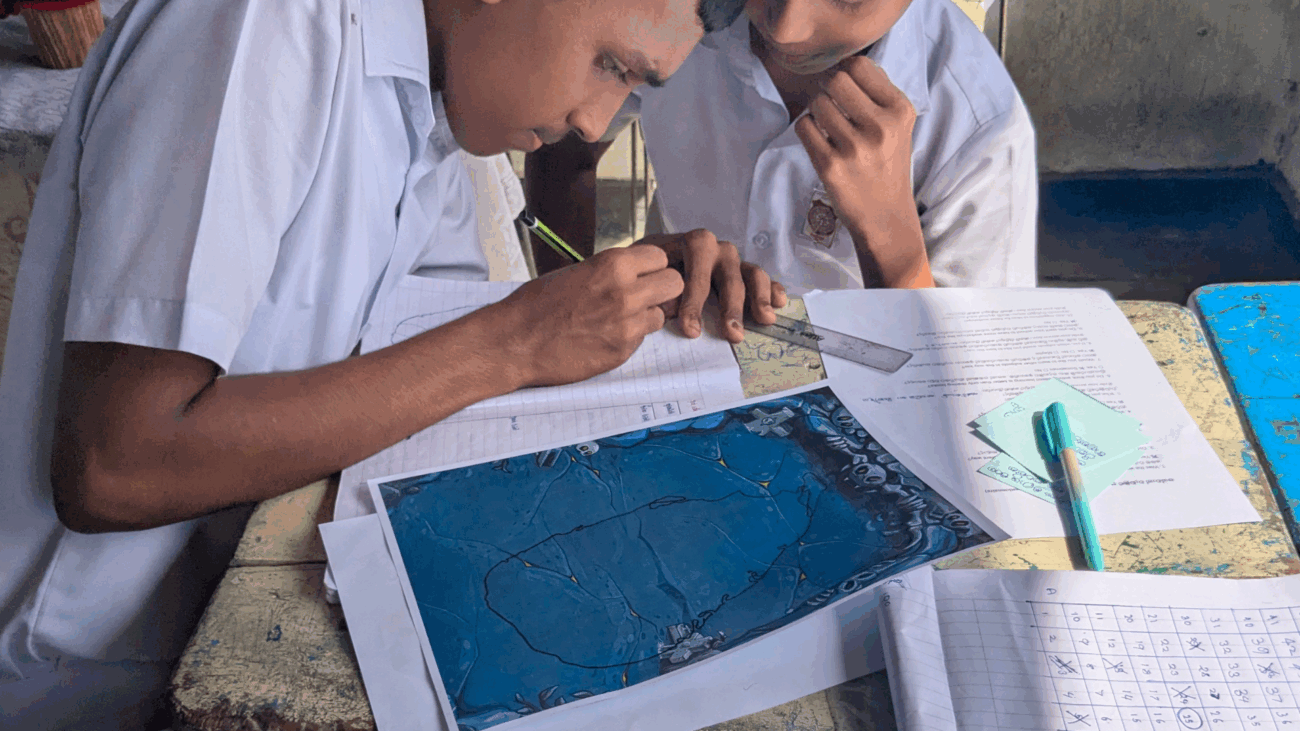
Our workshops are designed to be more than just fun—they build skills, confidence, and a love for learning. Over a series of sessions, students use Design Thinking to create board games that teach curriculum topics. Here’s a glimpse of what they do:
- In Maths, students might design a dice-based game to explore probability, making abstract concepts feel real and engaging.
- In Science, they could create a board game about ecosystems, reinforcing knowledge through strategic gameplay.
- In English, a card game focused on vocabulary or grammar helps students practice speaking and writing in a playful, low-pressure way.
The process starts with empathy; students discuss and map out the challenges of learning a subject. They then brainstorm game ideas, prototype using materials like cardboard and markers, test their creations with peers, and pitch their final games. This hands-on approach not only deepens subject knowledge but also hones critical thinking, collaboration, and creativity—skills that are essential for success in the 21st century.
Our story
At Ocean Theory, we’re passionate about making learning fun, meaningful, and impactful. Our board games, like Evergreen (focused on environmental themes) and Kingdom of Kandy (celebrating Sri Lankan history), foster critical thinking and cultural connection. Our expertise in designing these games translates directly into our workshops, where we guide students to create their own educational tools. The success of our workshops—95% enjoyment, 89% increased interest—shows we know how to deliver programs that resonate with Sri Lankan youth and align with global trends in innovative education.
